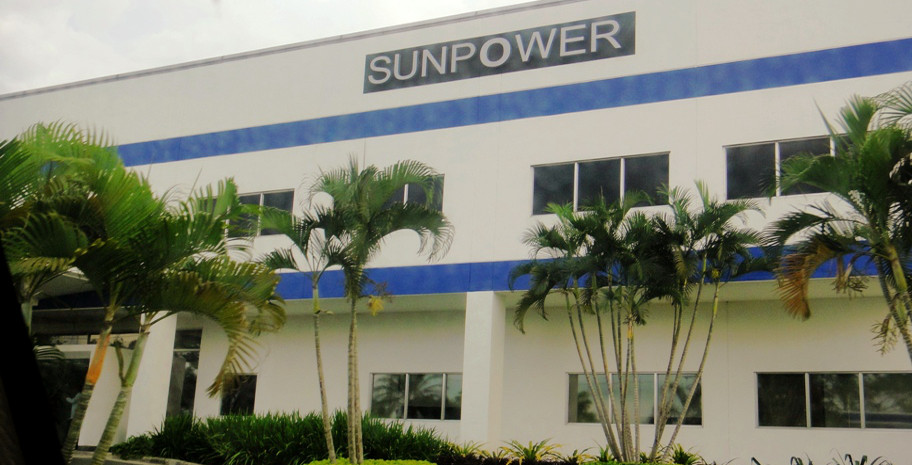The Section 201 case has had a number of twists and turns, and it is certainly not bringing out the best in our industry. But the news last week that First Solar has come out in support of Suniva and SolarWorld’s call for trade action on domestically produced cells and modules is matched only by SunPower’s post-hearing brief, which calls for any trade action to include First Solar’s products.
The irony here is a little heavy, in that SunPower, whose VP of Market Strategy and Policy is is SEIA board chair and who has been filing briefs jointly with SEIA*, would seek to extend any trade action to one of the biggest sources of modules for the U.S. utility-scale sector. SEIA and SunPower have maintained that any such trade action will significantly damage the solar market – including in the SunPower brief cited here.
At best, it appears that there has been some difficulty keeping everyone on the same page in terms of messaging. In a response to pv magazine, SEIA brushed off the concern that one of its most influential members has expressed a position that appears to conflict with its own.
“As a trade association, our members have diverse views on many subjects, including trade and have first amendment rights to express those views to the government,” stated SEIA VP of Communications Dan Whitten.
It’s worth noting that both SunPower and First Solar manufacture primarily in Southeast Asia, although unlike SunPower, First Solar still maintains significant production capacity in the United States. However thin film solar products like the ones First Solar produces have been excluded from both both previous trade duties on Chinese and Taiwanese products and the current investigation.
“There is no justifiable basis for the preferential treatment and immunity from fair competition that First Solar has received, relative to SunPower, or the near monopoly in certain market segments that the commission would condone by recommending trade-restrictive safeguard measures to the president,” argues SunPower in its brief.
SunPower does have a point that First Solar’s products do directly compete in the utility-scale market with low-cost crystalline silicon imports. However, the crowning irony here is that SunPower thinks that its own high-efficiency modules should be exempt.
SunPower argues that its PV modules are far more expensive and efficient than other products and that they represent only a small portion of the market, and are used in specialized installations and for customers who need high efficiency and are able to pay a premium. They also note that the manufacturing process and technology for their Integrated Back Contact (IBC) cells is different than that of standard Back Surface Field (BSF) or Passivated Emitter Rear Contact (PERC) PV cells.
However, SunPower has been deploying its high-efficiency solar in utility-scale solar applications for years. And unless SunPower can somehow show that all of these utility-scale solar installations had some kind of special consideration that required high efficiency, they too have been competing in the utility-scale market with lower-priced crystalline silicon and thin film products.
SunPower has moved to its P-Series modules, which are based on standard BSF crystalline silicon technology, for some utility-scale installations. However in the same brief the company argues that the P-Series is intended for use in the developing world, not the United States – which has not always been the case.
The argument that SunPower should get an exemption is not unique, as during the October 3 hearing representatives from South Korea also argued that n-type solar products should be excluded from any trade action. It seems everyone wants tariffs to apply to everyone but themselves.
Especially SunPower.
This content is protected by copyright and may not be reused. If you want to cooperate with us and would like to reuse some of our content, please contact: editors@pv-magazine.com.



By submitting this form you agree to pv magazine using your data for the purposes of publishing your comment.
Your personal data will only be disclosed or otherwise transmitted to third parties for the purposes of spam filtering or if this is necessary for technical maintenance of the website. Any other transfer to third parties will not take place unless this is justified on the basis of applicable data protection regulations or if pv magazine is legally obliged to do so.
You may revoke this consent at any time with effect for the future, in which case your personal data will be deleted immediately. Otherwise, your data will be deleted if pv magazine has processed your request or the purpose of data storage is fulfilled.
Further information on data privacy can be found in our Data Protection Policy.